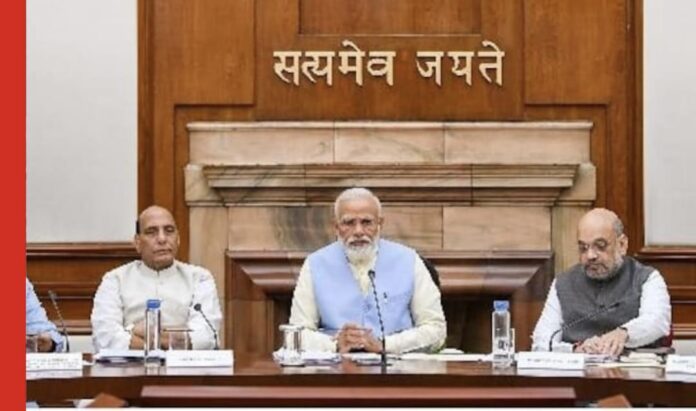The Union Cabinet has conferred classical language status on five new languages – Marathi, Pali, Prakrit, Assamese, and Bengali. This approval brings the total number of recognized classical languages in India to eleven. The languages previously granted this status include Tamil, Sanskrit, Telugu, Kannada, Malayalam, and Odia, which was last included in 2014.
The announcement was made by Information and Broadcasting Minister Ashwini Vaishnaw, who described the move as an important step in preserving India’s linguistic and cultural heritage. The decision follows the updated eligibility criteria for classical languages by the Centre’s Language Expert Committee, which now requires a higher antiquity of early texts, extending the timeline to 1500-2000 years, along with the presence of significant literary and epigraphical evidence.
Prime Minister Narendra Modi welcomed the Cabinet’s decision, stating, “Our government has always been committed to promoting India’s diverse cultural and linguistic heritage. The recognition of Marathi, Pali, Prakrit, Assamese, and Bengali as classical languages further strengthens this commitment.” He emphasized that each language embodies the country’s vibrant diversity.
The concept of classical language was first introduced in 2004, with Tamil being the first language to receive this status. The revised criteria for recognition now include the antiquity of early texts, a substantial body of ancient literature considered valuable by generations of speakers, and the presence of distinct literary traditions, including prose, inscriptions, and knowledge texts.
This development comes after years of requests from various linguistic communities. In 2013, the Maharashtra government submitted a proposal for Marathi’s recognition, which was supported by a committee of language experts that confirmed the language met all necessary criteria. Similar efforts were made for other languages, leading to this broader recognition.The decision has been welcomed across different states, with Prime Minister Modi describing Marathi as “India’s pride” and recognizing the contributions of these languages to the nation’s cultural history. He expressed confidence that the classical language status would inspire more people to learn these languages and appreciate their rich literary traditions.





